How to cite this article: Shmuel Safrai, “Spoken Languages in the Time of Jesus,” Jerusalem Perspective 30 (1991): 3-8, 13 .
Below you'll see everything we could locate for your search of “Avot de Rabbi Natan 1-4 Luke 8”
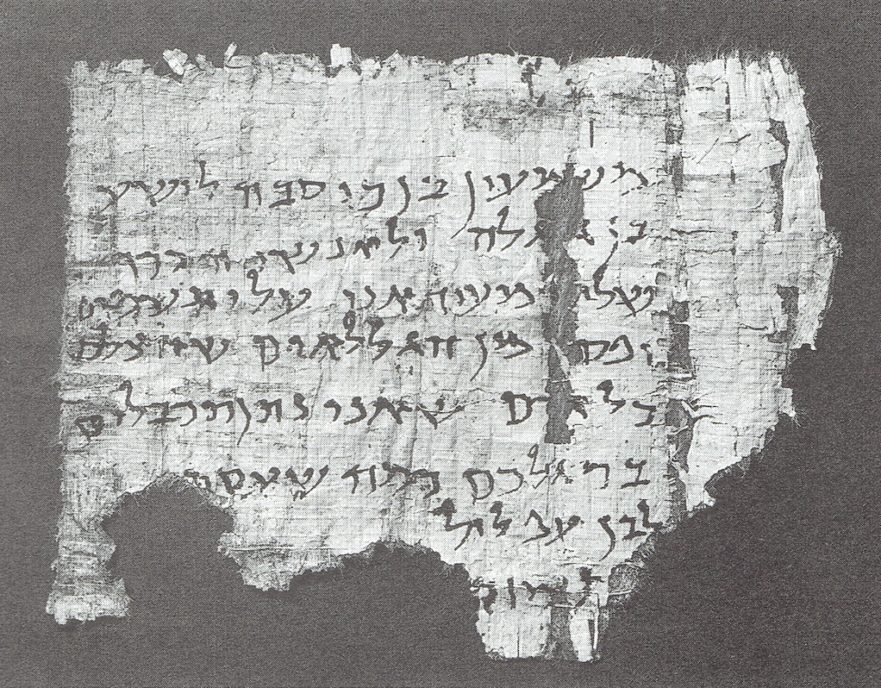
How to cite this article: Shmuel Safrai, “Spoken Languages in the Time of Jesus,” Jerusalem Perspective 30 (1991): 3-8, 13 .

Esteeming the Parable
Parables, both rabbinic and synoptic, have roots running deep in the fertile soil of Hebrew Scripture, whence they draw imagery and ultimately their theology. In a fifth-century A.D. text written in the land of Israel, Rabbi LeviRabbi Levi flourished late in the third century A.D. He was appointed by Rabbi Yohanan as a salaried darshan (expositor) at the bet midrash in Tiberias. A master of aggadah, he excelled in telling parables. See the entry “Levi” in Encyclopaedia Judaica (Jerusalem: Keter Publishing House, 1971), 11:75.
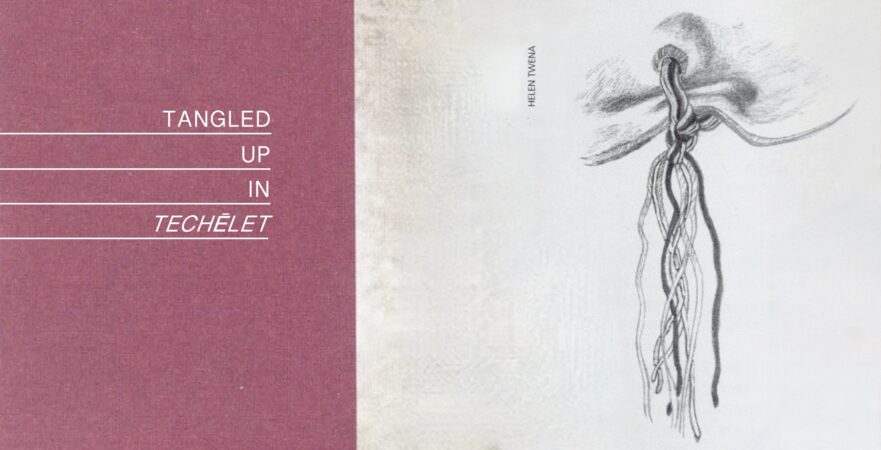
How to cite this article: JP Staff Writer, “Tangled up in Techēlet: Tzitzit (Ritual Tassels) in the Time of Jesus,” Jerusalem Perspective (2023) .

— wp:paragraph –>
Other noun-plus-noun expressions found in the Gospels include: “the furnace of the fire” (Matt 13:50); “a storm of wind” (Luke 8:23); “the kingdom of heaven” (Matt 13:31; 19:14; 19:23); “the poor of spirit” (Matt 5:3); “the clean of heart” (Matt 5:8); “the grass of the field” (Matt 6:30); “the lilies of the field” (Matt 6:28); and, “the birds of the sky” (Matt 6:26; 8:20).
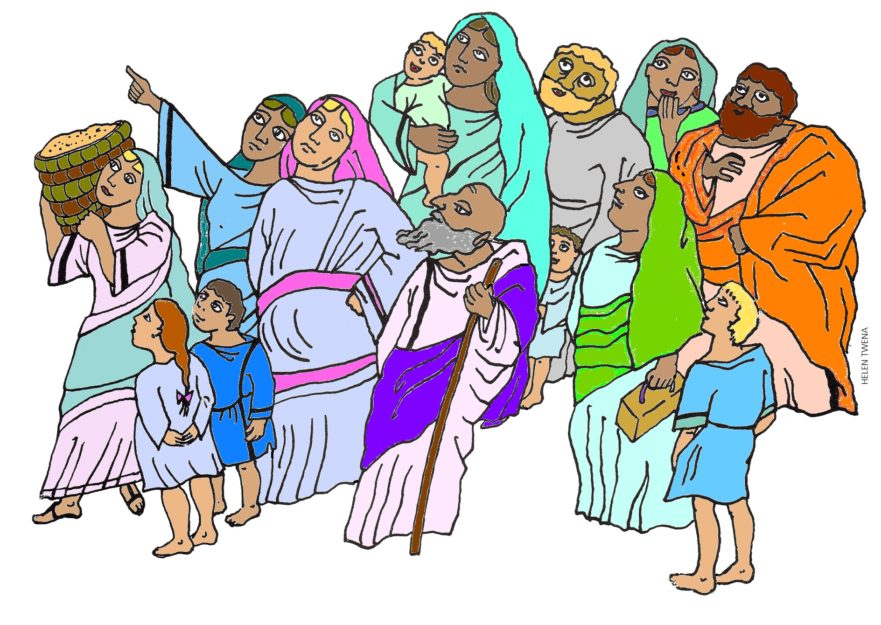
W. Richard Stegner’s “The Priority of Luke: An Exposition of Robert Lindsey’s Solution to the Synoptic Problem” was originally published in Biblical Research (27 : 26-38), the journal of the Chicago Society of Biblical Research (CSBR). It is reissued here with Biblical Research’s kind permission. To learn more about the Chicago Society of Biblical Research and its journal, visit https://chicagosbr.org/biblical-research/.
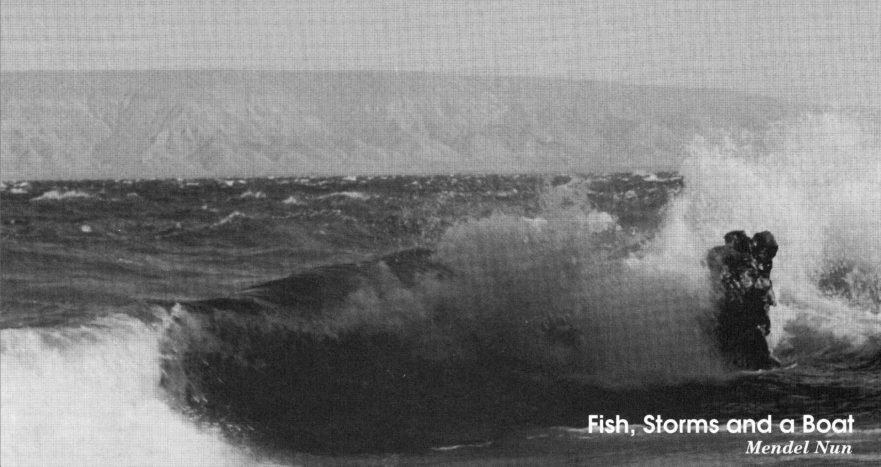
Adam gave names only to animals and birds, apparently avoiding fish entirely (Gen. 2:19-20). The names of about fifty fish are mentioned in rabbinic literature, but the Torah merely makes a general distinction between clean fish, which Jews are permitted to eat (vertebrate), and unclean (without bones) (Lev. 11:9-12; Deut. 14:9-10).
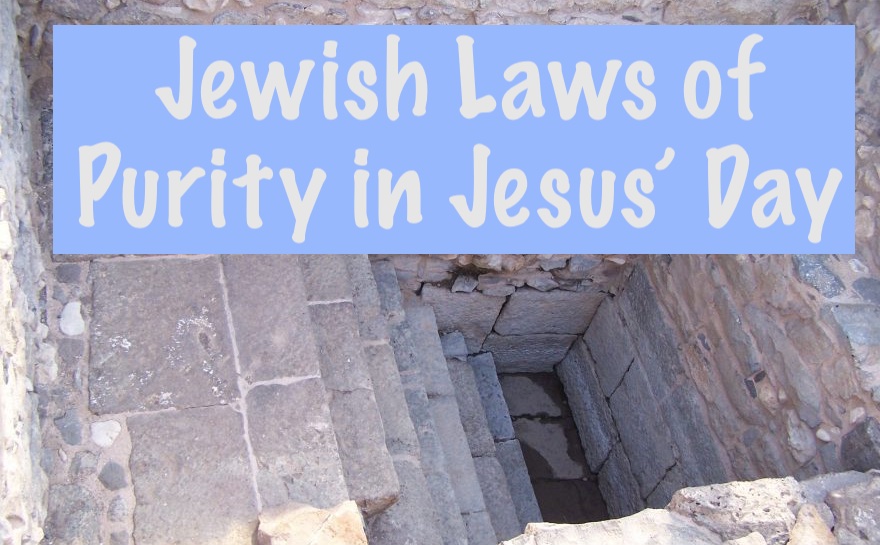
— wp:paragraph –>
The Synoptic Gospels record an account of Jesus coming into contact with a woman who had suffered from a discharge of blood for twelve years (Matt 9:20-22; Mark 5:25-34; Luke 8:43-48).
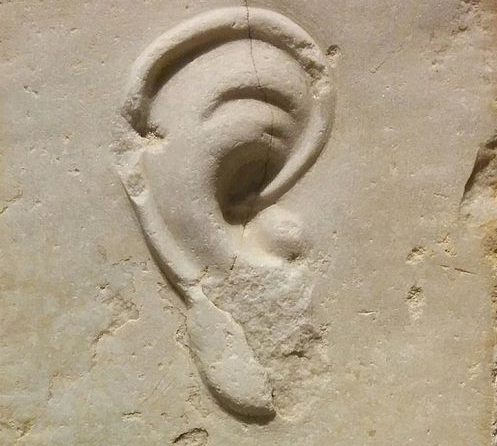
— wp:paragraph –>
In this study of The Parable of the Sower (Luke 8:4-8) we want to look closely, not only at the message of Jesus’ parable, but how he told it, with particular attention to its Hebraic elements and its Jewish background. … Jesus’ parable follows this pattern by providing four types of hearers (Luke 8:11-15). … It begins (Luke 8:5) with the repetitive narrative prose: (literally) “the one who sows seeds seeded his seed.” … Other Hebraisms that can be observed in Luke’s version of the parable are “the birds of the air” (Luke 8:5; see Gen. 1:30; 2:19; cf. … /Mark’s “birds”); “on the rock” (Luke 8:6; cf.
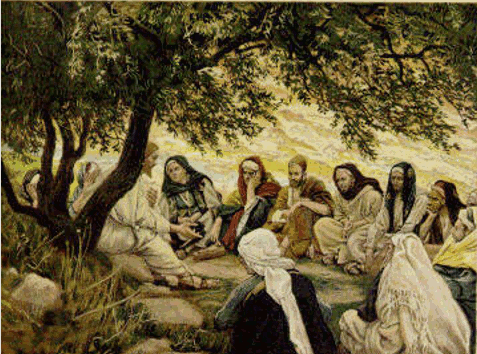
In this workshop, we will study many dramatic and exciting miracle stories from the life of Jesus, such as:
Healing of Peter’s Mother-in-law (Mt 8:14-15; Mk 1:29-31; Lk 4:38-39; Crook, Parallel Gospels #61)
Healing of a Leper (Mt 8:1-4; Mk 1:40-45; Lk 5:12-16; Crook, Parallel Gospels #65)
Healing of a Paralytic (Mt 9:1-8; Mk 2:1-12; Lk 5:17-26; Crook, Parallel Gospels #96)
Healing of Man with Withered Hand (Mt 12:9-14; Mk 3:1-6; Lk 6:6-11; Crook, Parallel Gospels #131)
Stilling of the Storm (Mt 8:18, 23-27; Mk 4:35-41; Lk 8:22-25; Crook, Parallel Gospels #158)
Healing of a Demon-possessed Man (Mt 8:28-34; Mk 5:1-20; Lk 8:26-39; Crook, Parallel Gospels #159)
Raising of Jairus’ Daughter from the Dead (Mt 9:18-19; 23-26; Mk 5:21-24; 35-43; Lk 8:40-42; 49-56; Crook, Parallel Gospels #160)
Healing of Woman with a Hemorrhage (Mt 9:20-22; Mk 5:25-34; Lk 8:43-48; Crook, Parallel Gospels #160)
Feeding of the Five Thousand (Mt 14:13-21; Mk 6:30-44; Lk 9:10-17; Crook, Parallel Gospels #166)
Healing of Epileptic Boy (Mt 17:14-21; Mk 9:14-29; Lk 9:37-43a; 17:5-6; Crook, Parallel Gospels #181)
Healing of Blind Man (Mt 20:29-34; Mk 10:46-52; Lk 18:35-43; Crook, Parallel Gospels #301)
Jesus raised the dead, healed the sick, cast out demons, calmed the violent waves of the Sea of Galilee, and miraculously fed the multitudes.
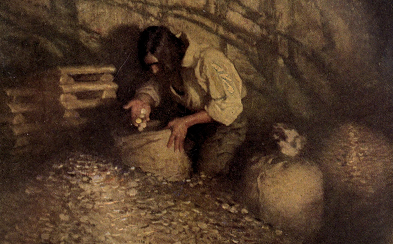
For my brother, Jeff, whose charity towards me was always done with a “good heart;” truly he has stored his “treasure in heaven.”
Introduction
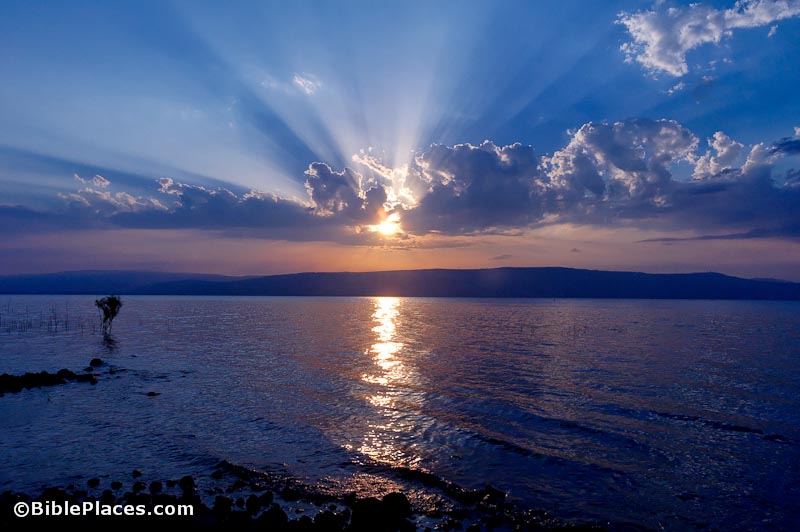
According to the Gospels, Jesus’ earthly ministry centered around the Sea of Galilee. While important events occurred in Jerusalem, the Lord spent most of the three years of his ministry along the shore of this freshwater lake. Here he gave more than half of his parables and here he performed most of his miracles. Northwestern shore of the lake from Mt. Arbel The Plain of Gennesaret on the northwestern shore of the Sea of Galilee sits between Capernaum and Magdala and was surely crossed by Jesus and his disciples many times.
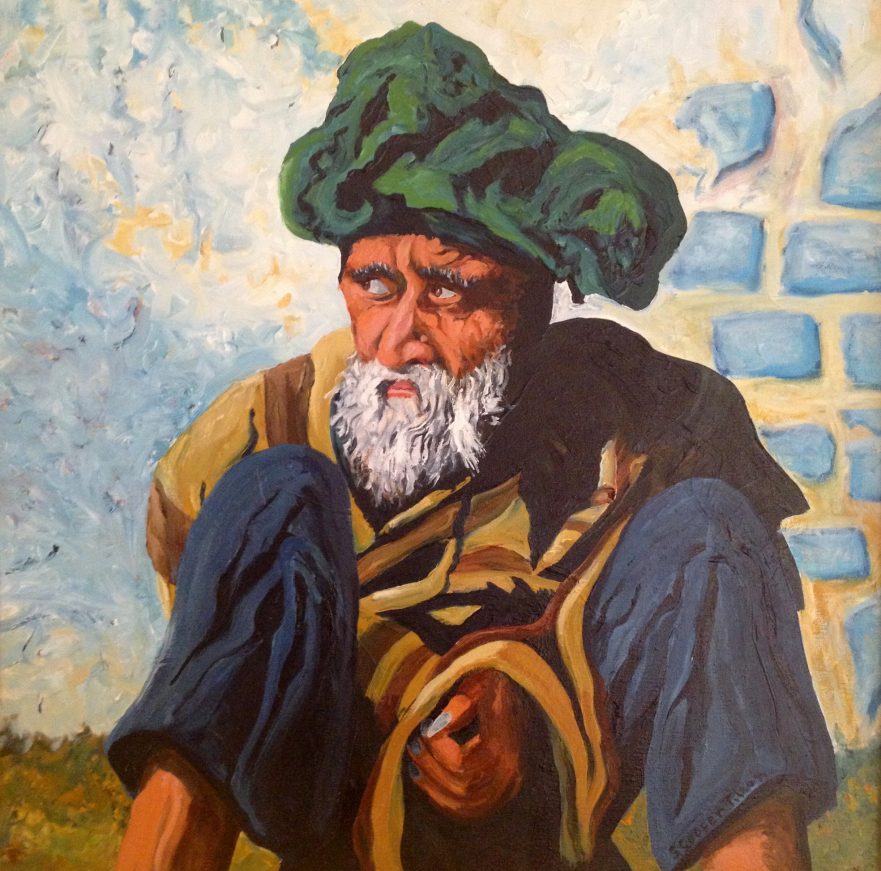
This essay is dedicated to Janet, my wife of 26 years. Over the course of the next decade or two, I expect the Kingdom of Heaven to grow worldwide. Nevertheless, I make this prediction with mixed feelings, for although I look forward to how its growth will benefit people in acute need, I believe the conditions that favor the kingdom’s expansion will come at a high cost to us and Earth’s other creatures. Some further explanation will help you understand my ambivalence. First, I believe that the Kingdom of Heaven is not a future event, but a present reality, it is the redemptive community in which Jesus’ followers practice the good news that Jesus preached.
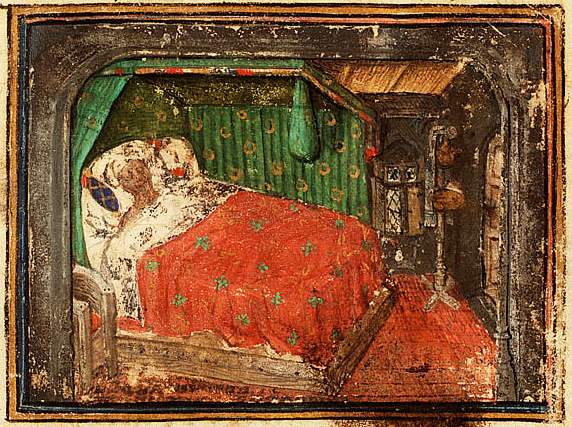
How to cite this article:
David N. Bivin and Joshua N. Tilton, “Friend in Need Simile,” The Life of Yeshua: A Suggested Reconstruction (Jerusalem Perspective, 2018) .
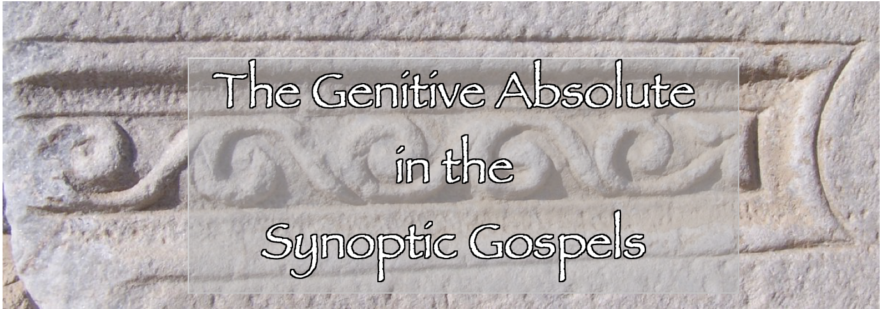
Updated: 9 November 2022For abbreviations and bibliographical references, see “Introduction to ‘The Life of Yeshua: A Suggested Reconstruction.'”
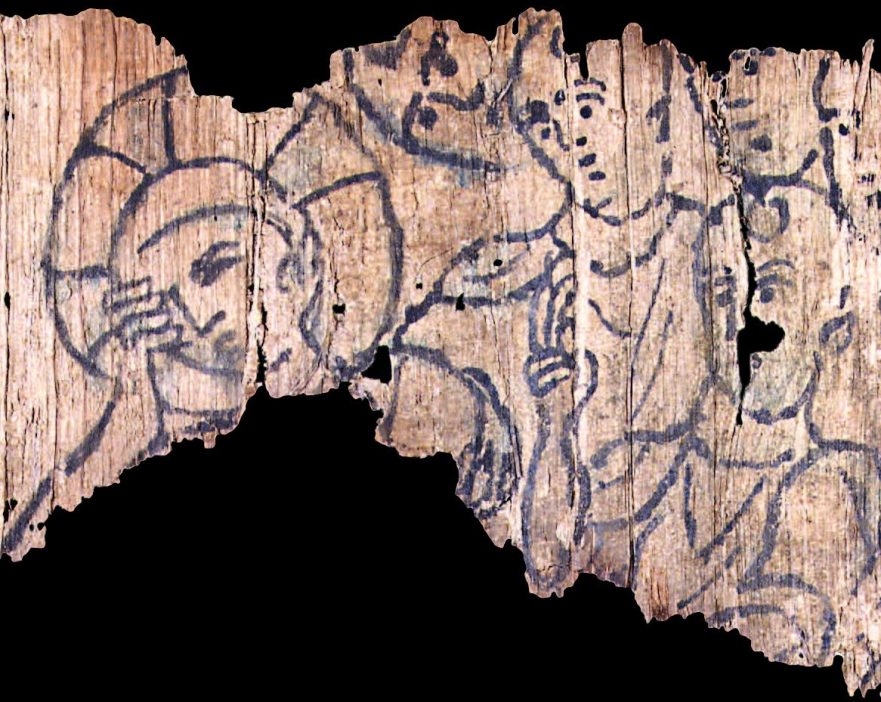
Matt. 12:46-50; Mark 3:20-21, 31-35; Luke 8:19-21 (Huck 85, 89, 104; Aland 116, 121, 135; Crook 135, 143, 157)For abbreviations and bibliographical references, see “Introduction to ‘The Life of Yeshua: A Suggested Reconstruction.'”… — /wp:html –> Story Placement
Regarding the placement of Yeshua, His Mother and Brothers, there is a peculiar relationship between the Gospels of Luke and Mark, which we can see by placing their arrangements side by side:
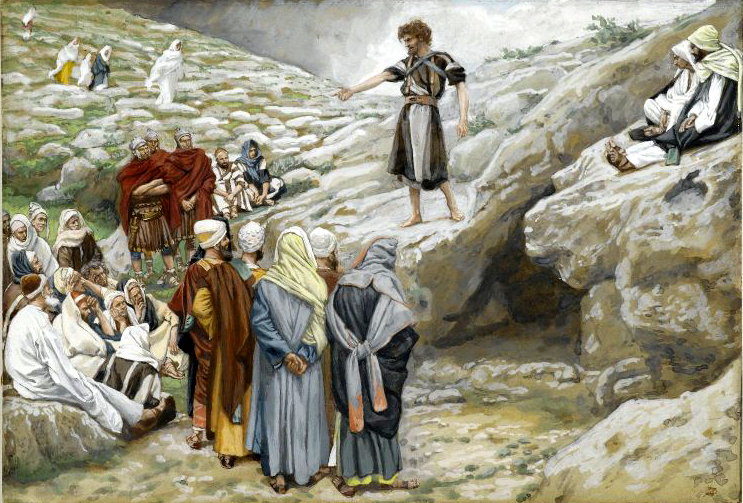
Luke 3:10-14 (Huck 3; Aland 15; Crook 18)For abbreviations and bibliographical references, see “Introduction to ‘The Life of Yeshua: A Suggested Reconstruction.'” Revised: 14 December 2023
וַיִּשְׁאָלוּהוּ הָאֻכְלוּסִים לֵאמֹר מַה נַּעֲשֶׂה וַיַּעַן וַיֹּאמֶר לָהֶם מִי שֶׁיֵּשׁ לוֹ שְׁנֵי חֲלוּקוֹת יִתֵּן לְמִי שֶׁאֵין לוֹ וּמִי שֶׁיֵּשׁ לוֹ מַה יֹּאכַל כָּכָה יַעֲשֶׂה וַיָּבֹאוּ מוֹכְסִים לִטְבּוֹל לְפָנָיו וַיֹּאמְרוּ לוֹ מוֹרֵנוּ מַה נַּעֲשֶׂה וַיֹּאמֶר לָהֶם אַל תִּפָּרְעוּ מֵאָדָם יוֹתֵר מִמַּה שֶּׁקָּצוּב לָכֶם וַיִּשְׁאָלוּהוּ אִיסְטְרַטְיוֹטִים לֵאמֹר מַה נַּעֲשֶׂה וַיֹּאמֶר לָהֶם אַל תַּחְמֹסוּ וְאַל תַּעֲשֹׁקוּ אָדָם וְתִתְרַצּוּ בְּאָפְסַנְיוֹתְכֶם
The people in the crowd asked Yohanan, “What should we do to bring our repentance to fruition?”
“Whoever owns two sets of clothing should share with those who have nothing to wear,” he replied. “And whoever has food to eat should share with those who are going hungry.”
Some toll collectors also came to Yohanan to be purified under his supervision, and they asked, “Teacher, what should we do to bring our repentance to fruition?”